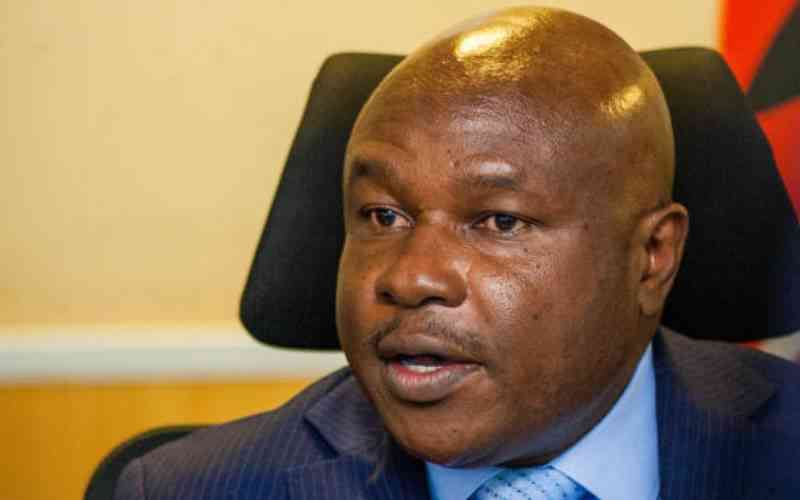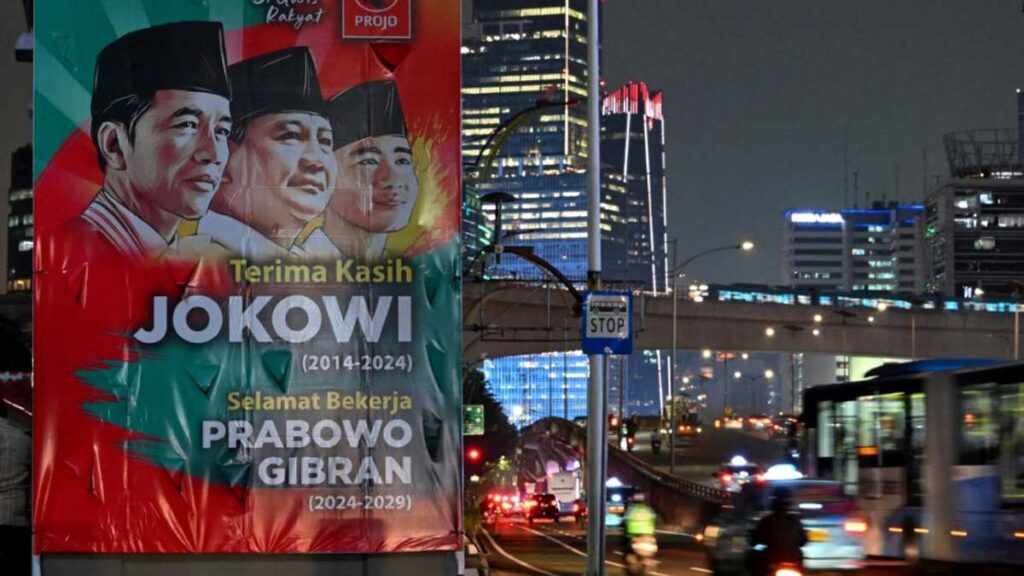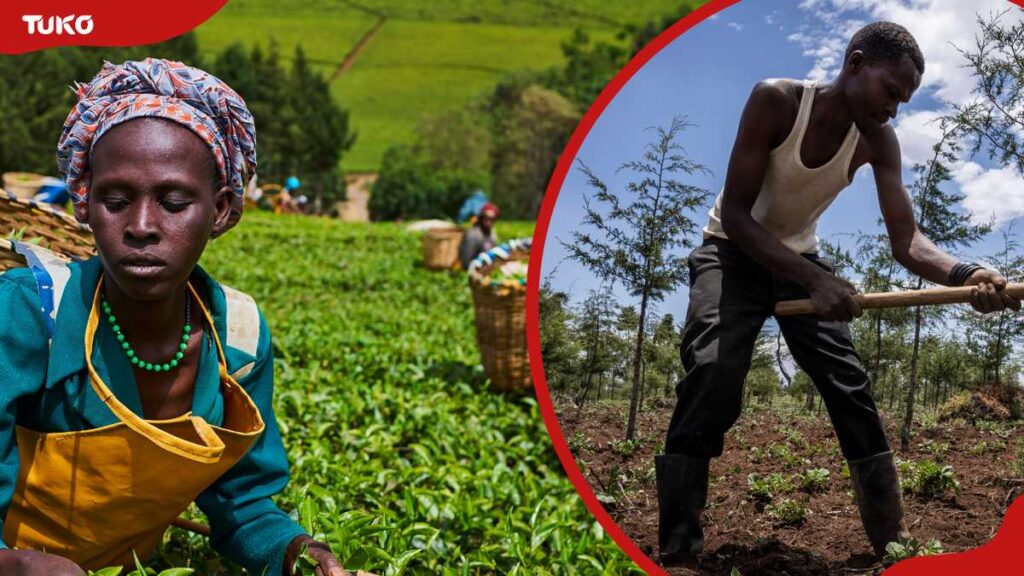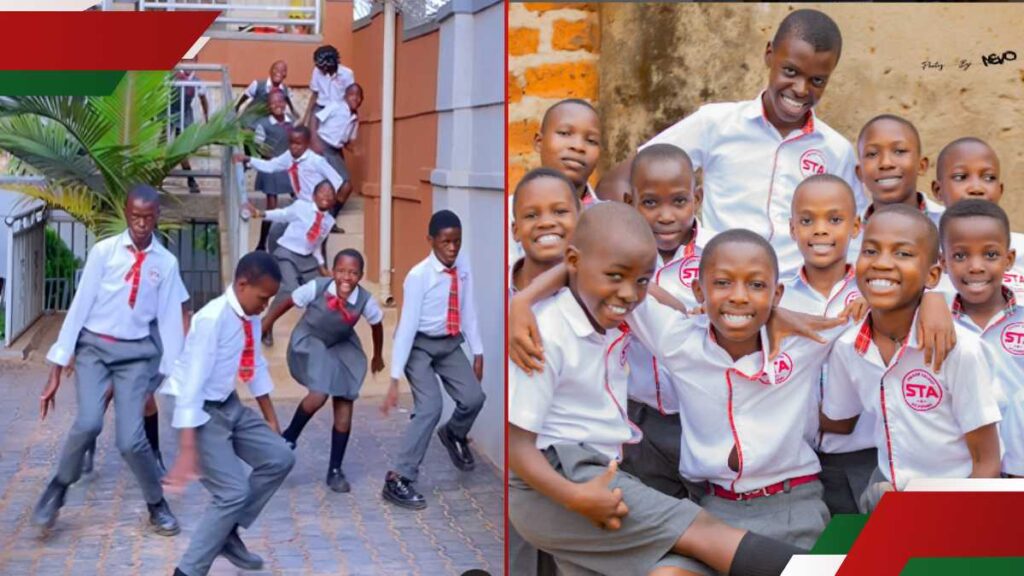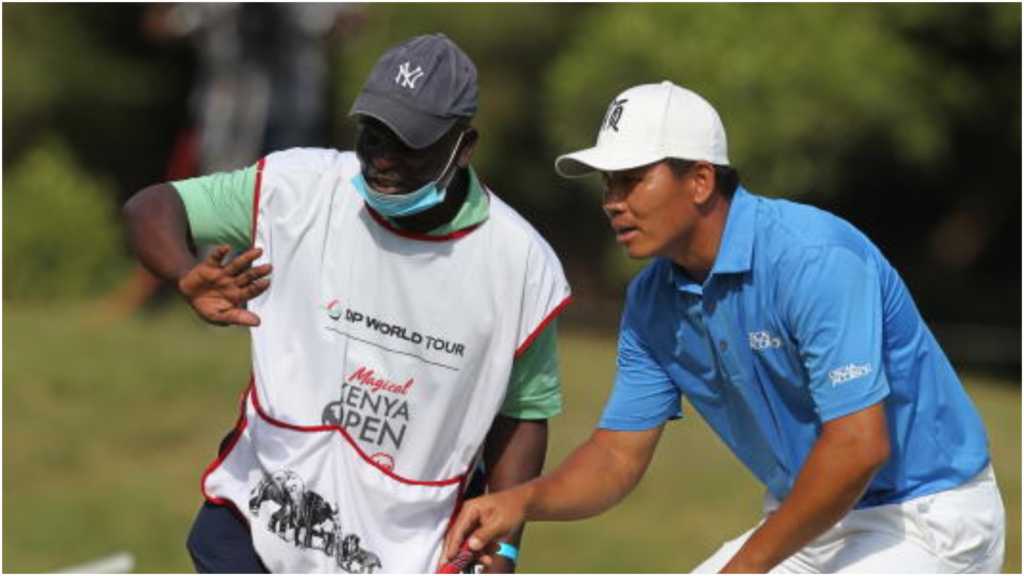Kenya is now courting Germany in a move seeking to unlock global employment opportunities for its youth.
Labour and Skills Development Principal Secretary Shadrack Mwadime said through a landmark labour mobility partnership with Germany, the country is actively aligning its human capital to meet international labour market demands, while also tackling domestic unemployment.
“As the world evolves, Kenya is positioning its youth not just to participate, but to thrive in the global economy. This agreement with Germany is a step toward making our labour force export-ready, competent, and adaptable,” Mwadime said.
He was speaking during a working tour in Frankfurt, where Kenya’s labour delegation, comprising senior officials from the Ministry of Labour, NSSF, NEA, and NITA has been touring German cities to cement cooperation and identify opportunities in industrial attachment, technical employment, and vocational exchange.
The bilateral labour agreement, signed last year, has now entered an operational phase, with joint technical teams from both countries refining details to facilitate structured, legal, and mutually beneficial labour migration.
The framework covers labour mobility, apprenticeships, vocational training, student exchange, labour market alignment, and worker welfare.
“For the first time, we have a mechanism that ensures qualified Kenyan workers can enter the German labour market through an orderly and structured process. It’s not just about jobs; it’s about skills development, worker protection, and long-term partnership,” Mwadime said.
According to Mwadime, the number of people retiring annually in Germany outpaces the number of new workforce entrants due to an aging population.
This has left a vacuum in sectors such as manufacturing, healthcare, and engineering areas where Kenyan youth can step in with the right training.
During discussions, Rothenberger executives expressed interest in skilled Kenyan workers to support their operations in areas such as milling, hydraulic engineering, maintenance, and computer-aided design.
“These are areas where our youth can excel if equipped with the right mindset and hands-on training. We’re working to realign our technical and vocational education to meet these specific needs,” said Mwadime.
The Kenyan team also met with Dr Jürgen Ratzinger, Managing Director for International Business at the Chamber of Commerce and Industry (IHK), who organised engagements with 24 companies across diverse industries.
Dr Ratzinger emphasised the importance of preparing youth not just for jobs, but for adaptation.
“Employers in Germany are looking for skills, yes, but also adaptability, motivation, and a global outlook,” he said.
The conversations focused on tailoring Kenya’s labour pool to match Germany’s market expectations.
Stay informed. Subscribe to our newsletter
Topics included orientation training, industry standards, employer expectations, and support systems for Kenyan workers transitioning into the European environment.
“We must prepare our young people not just with technical skills but with the mindset and global outlook needed to thrive in competitive markets,” Mwadime echoed.
The agreement entailed labour mobility to search for opportunities, both skilled and unskilled Kenyan workers, in sectors with acute labour shortages in Germany.
Enhanced technical training and apprenticeships aligned to global standards, rights protection, assurance of fair treatment, proper contracts, and social protections for Kenyan nationals working abroad.
Promotion of mutual understanding and social inclusion, as well as an economic boost, where remittances and skills transfer that can benefit Kenya’s economy in the long run.
“The intention is not just to send workers abroad, but to build a circular model where skills and knowledge gained overseas can be reinvested at home,” said Mwadime.








